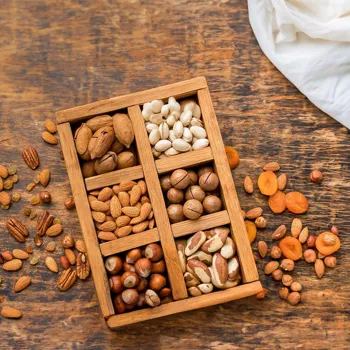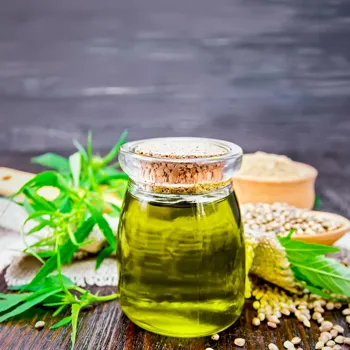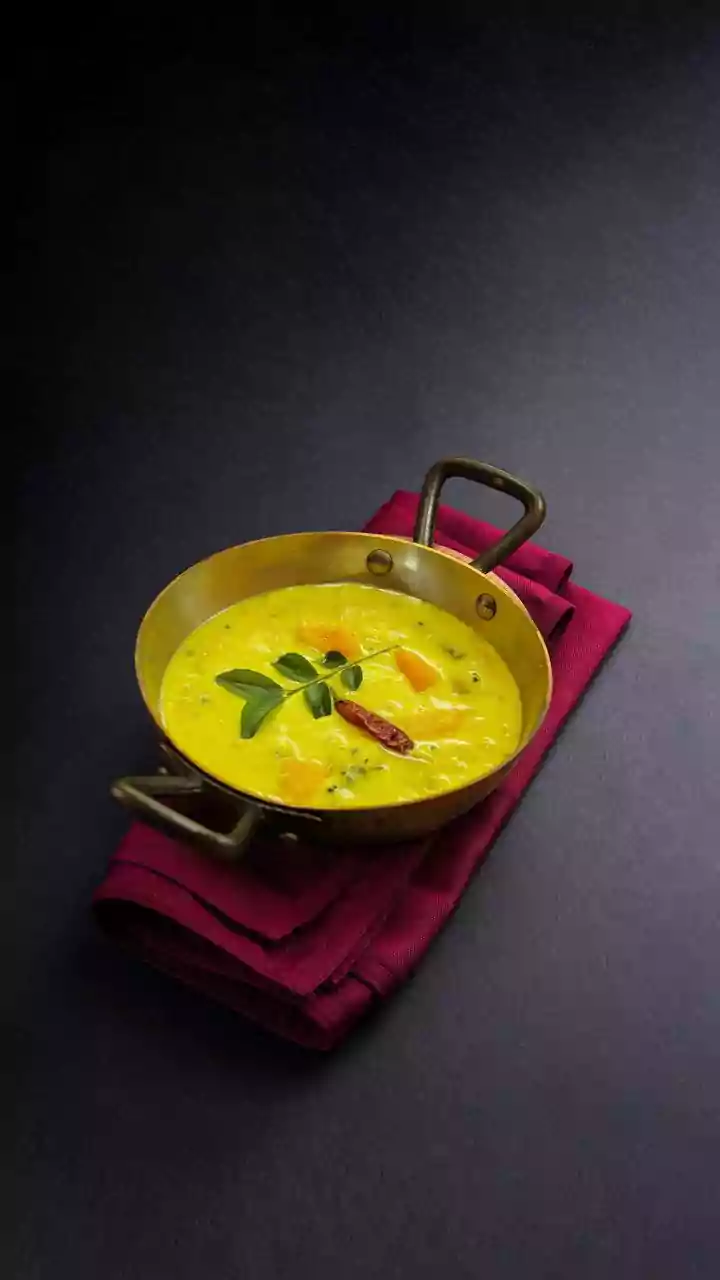Unveiling the Science of Nutrition: 8 Vital Nutrients Explained. Dive in to discover the key to a healthier you!
Namaste, readers! In today's fast-paced duniya, we often forget the importance of a balanced
diet. We are running from here to there in our daily life to achieve our goals. But the essential part to keep our body strong and healthy is usually missed out or not given enough importance.
Good nutrition is the foundation of good health, and understanding the basic building blocks of our food can empower us to make better choices for ourselves and our families. So, let's break it down, simple simple, and learn about eight essential nutrients that our bodies need to thrive.
These nutrients are like the foundation of a strong building – without them, things can start to crumble. They fuel our energy levels, support growth and repair, and protect us from sickness. Think of your body like a beautiful temple.
You need to provide proper "puja samagri" (offerings) to keep it healthy and strong. These eight essential nutrients are your "puja samagri" for a healthy body. By understanding these, you can plan your daily diet more effectively. Let's start to understand these nutrients and see what they are.
Firstly, we have Carbohydrates
Our Primary Energy Source. Carbohydrates are the body's main source of fuel. They break down into glucose, which our cells use for energy. Think of it like petrol for a car. Without petrol, the car won't run, similarly without carbohydrates, our body won't work efficiently.
We can get the fuel from roties, rice, fruits and vegetables. Choose whole grains like brown rice and wheat based roti over refined grains like white bread, as they provide more fiber and sustained energy.
Fiber is basically the roughage that aids digestion and keeps you feeling full for longer, preventing unnecessary snacking. So, next time you reach for that packet of biscuits, think about reaching for some fruits or a handful of nuts instead.
These will give you a better source of energy and keep you going for longer. Remember, not all carbohydrates are created equal. Focus on complex carbohydrates found in whole foods for sustained energy.
Eating a bowl of poha on a morning day can be the best choice as it gives necessary carbohydrate and will keep you full for a longer time. It's a simple change you can make to boost your energy levels and improve your overall health.
Simple simple ways, we can ensure that we are getting the right type of carbohydrates for our body.
Next is Proteins
The Building Blocks. Proteins are crucial for building and repairing tissues, making enzymes and hormones, and supporting our immune system. They are like the bricks and mortar of our body, keeping everything held together.

Good sources of protein include dals (lentils), paneer (cottage cheese), yogurt, nuts and seeds. Whether you are a growing child or an elderly person, everyone needs protein for their body. Make sure you are including a good amount of protein in your diet daily.
You can add dal to your lunch, or have a handful of nuts as a snack in the day time. These simple choices can make a big difference. Think of paneer tikka (without the extra oil!
) as a tasty and healthy protein source or make missi roti in the north made from the mixture of wheat, dal flour, and spices. These are healthy choice as well. Remember that it is important to distribute your protein intake throughout the day.
Instead of consuming it all in one go try and consume small amounts of protein with each meal. It gives your body a steady supplies and helps your body to function normally.
Then we have Fats
More Than Just Flab. Fats are often misunderstood, but they are essential for several bodily functions, including hormone production, nutrient absorption, and cell health. They are like the oil that keeps our body engine running smoothly.

There are good fats and bad fats, just like there are good friends and bad friends. Focus on including healthy fats like those found in nuts, seeds, and vegetable oils such as olive oil and groundnut oil. These fats provide essential fatty acids that our bodies cannot produce on their own.
Avoid trans fats found in processed and fried foods, as they can raise cholesterol levels and increase the risk of heart disease. Instead of deep-frying your snacks, try roasting them. Its better to keep healthy fats as a part of your regular diet.
It provides our body with the necessary ingredient. Fats also help us to absorb certain vitamins, so they're important for overall health. A simple change -- like using olive oil for cooking instead of ghee sometimes - can have a long-term positive impact on your health.
Remember, moderation is key.
Vitamins
The Mighty Micro-Nutrients: Vitamins are organic compounds that are essential for various bodily functions. They act like the special commanders and guards of our body, they keep all body parts in shape.
Each vitamin has a specific role to play, from boosting immunity (Vitamin C) to supporting bone health (Vitamin D). A lack of certain vitamins can lead to deficiencies and health problems. Our foods are main source of these vitamins.
So, make sure you eat a rainbow of colourful fruits and vegetables every day to get a wide range of vitamins. For example, carrots are rich in Vitamin A, which is good for eyesight. Oranges are packed with Vitamin C, which helps fight off colds.
Sunlight is also very essential as it gives Vitamin D and this keeps our bones strong. You can also talk to your doctor about whether you need to take any vitamin supplements. They can assess your individual needs and advise you on the best course of action.
Remember, vitamins are powerful allies in the fight for good health.
Minerals
Building Blocks and Regulators: Minerals are inorganic substances that are essential for various bodily functions. They're like the tiny workers who keep all the gears turning smoothly in our body.
For example, calcium is important for strong bones and teeth, iron carries oxygen in the blood, and potassium helps regulate blood pressure. Just like vitamins, minerals are obtained through diet. Leafy green vegetables, nuts, seeds, and dairy products are good sources of minerals.
A balanced diet rich in fruits, vegetables, and whole grains will help you get the minerals your body needs. If you are experiencing symptoms of mineral deficiency, such as fatigue or muscle cramps, consult your doctor.
They can run tests to determine if you have any deficiencies and recommend appropriate treatment. Minerals are like the foundation of a strong and healthy body. Ensure you are getting enough of them.
Water
The Elixir of Life: Last but not least, water is the most essential nutrient of all! It makes up about 60% of our body weight and is involved in countless bodily functions, including regulating temperature, transporting nutrients, and removing waste products.

Staying hydrated is crucial for overall health and well being. Aim to drink at least 8 glasses of water a day, especially in hot weather or after exercising. You can also get water from fruits and vegetables like watermelon and cucumber.
Carry a water bottle with you and sip on it throughout the day and always remember to "pani piyo, tandarust raho" (Drink water, stay healthy). Dehydration can lead to fatigue, headaches, and other health problems.
So, make sure you are drinking enough water every day to keep your body functioning properly. Remember, water is the lifeblood of our body, so we give it the respect it deserves.
AI Generated Content. Glance/InMobi shall have no liability for the content























